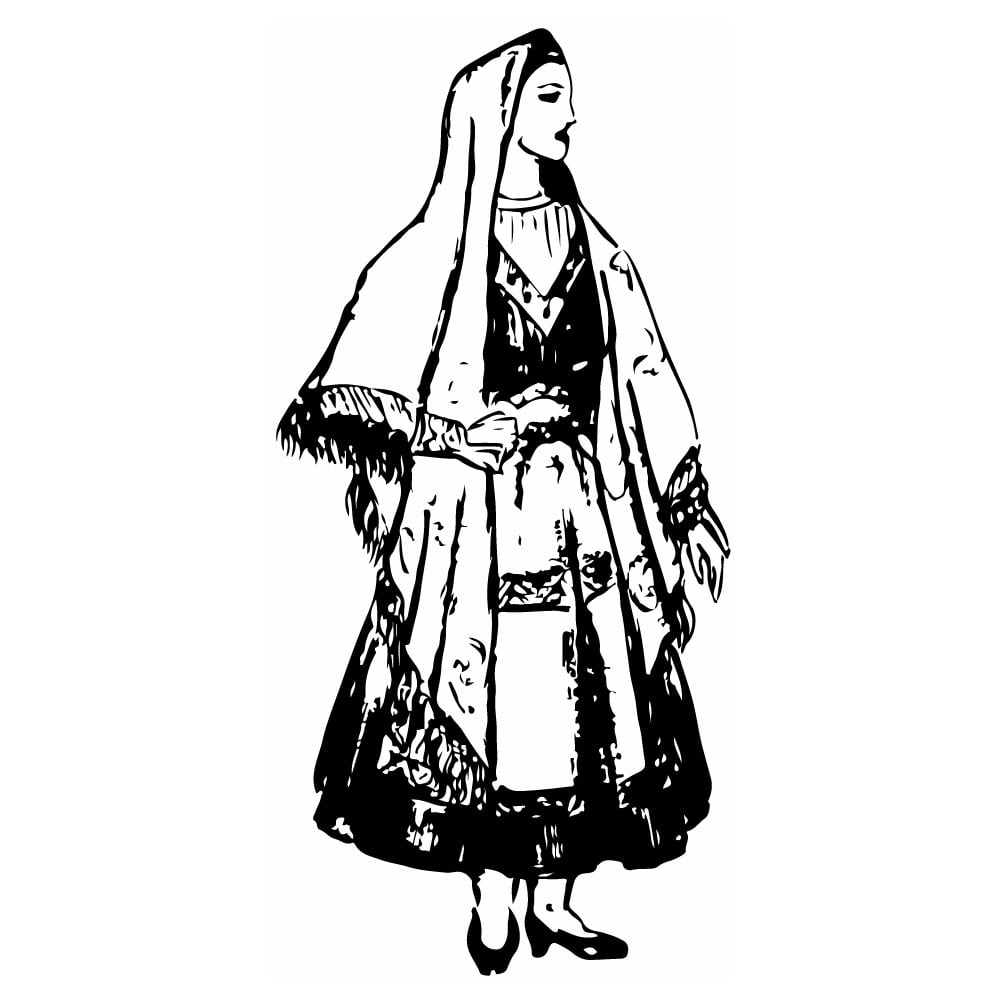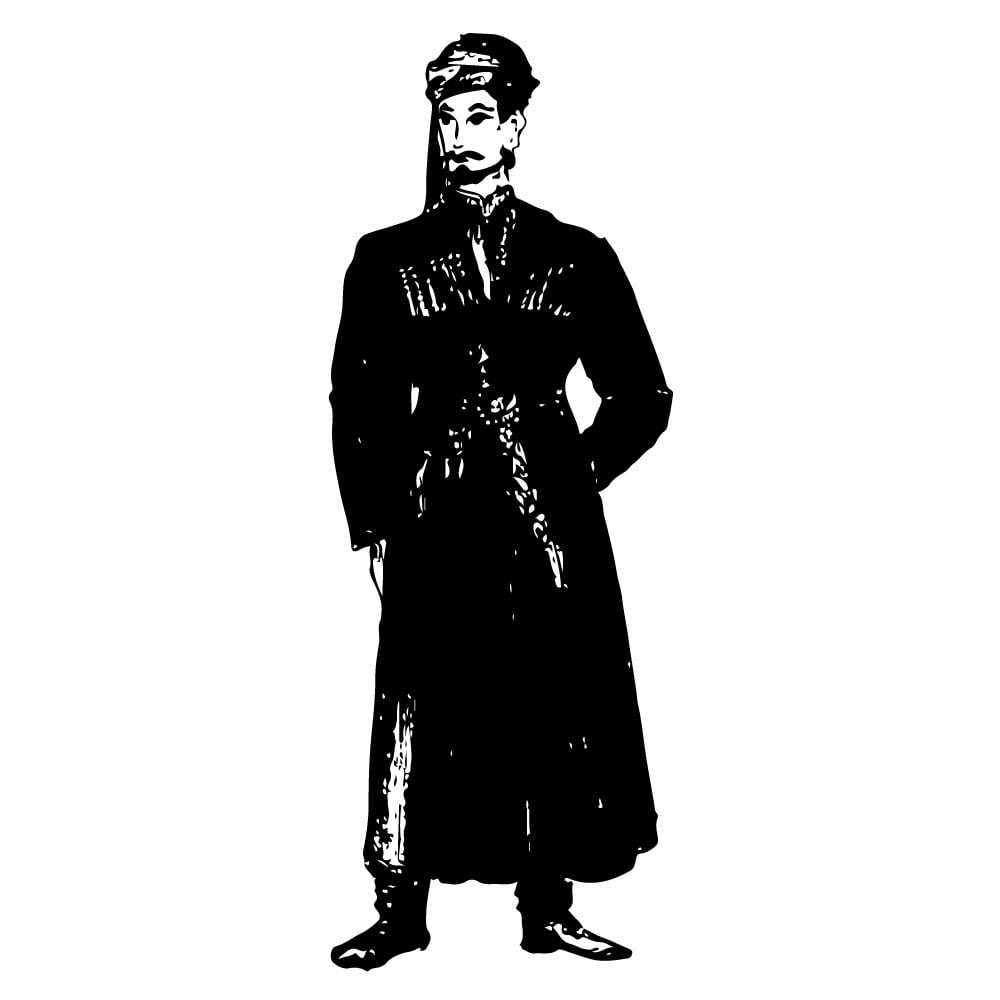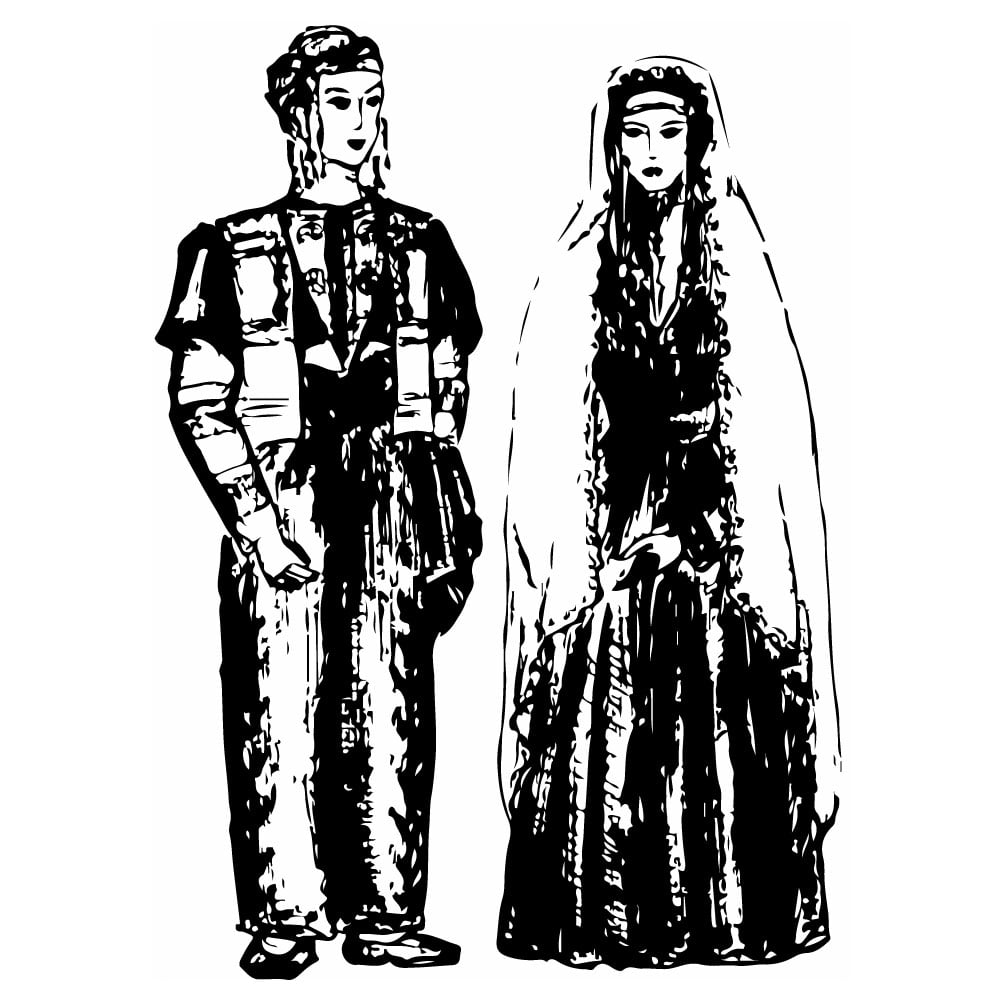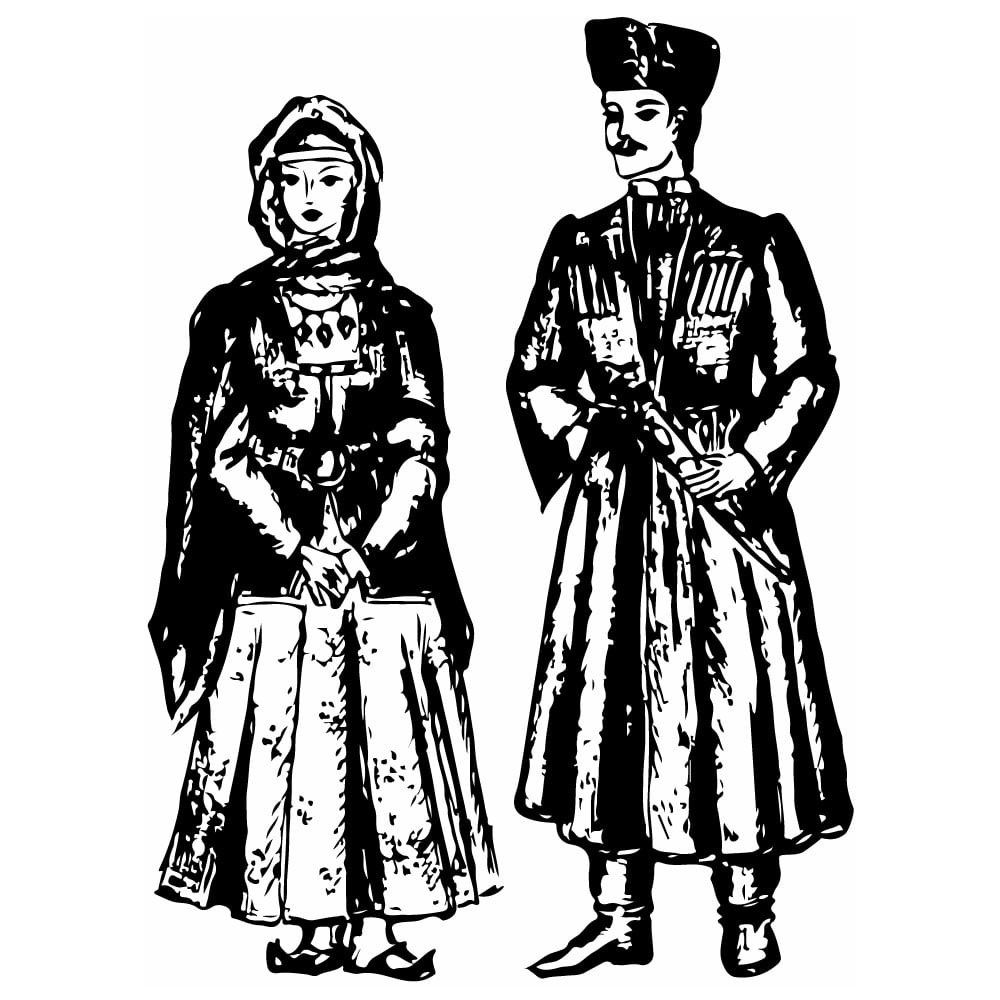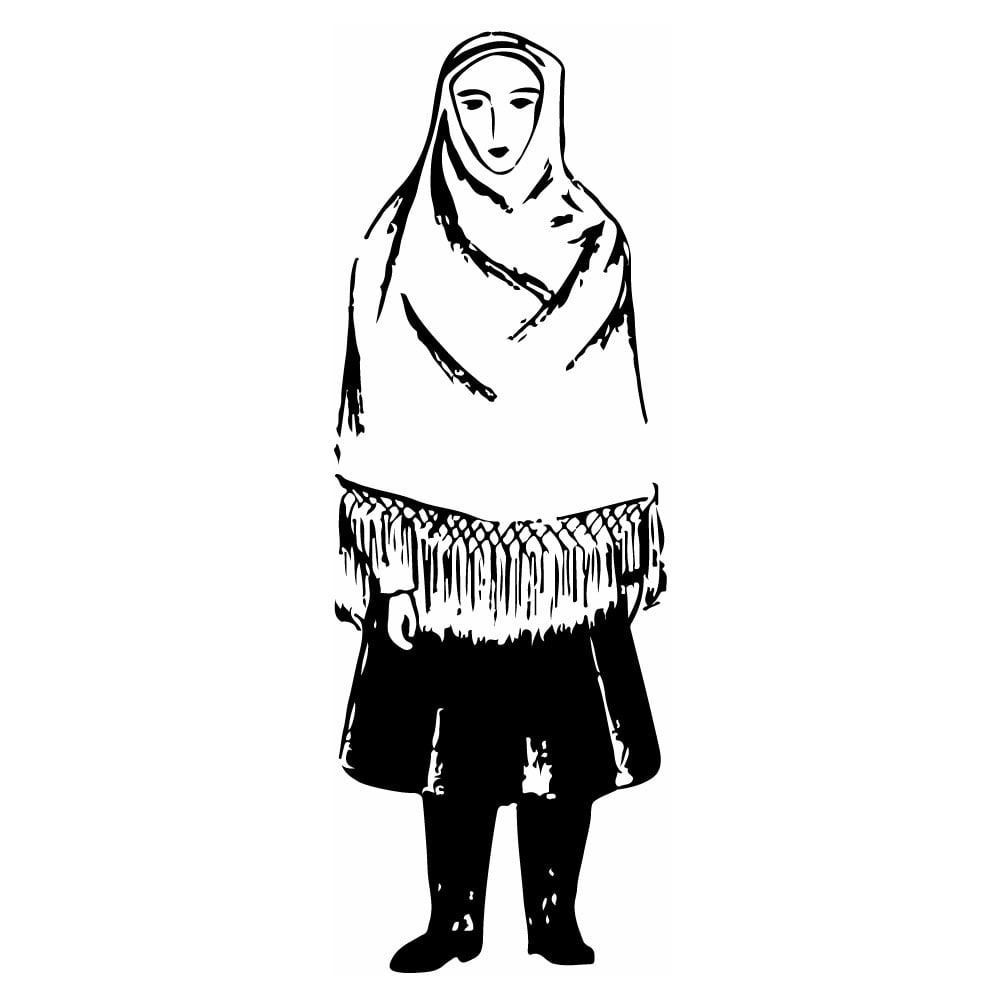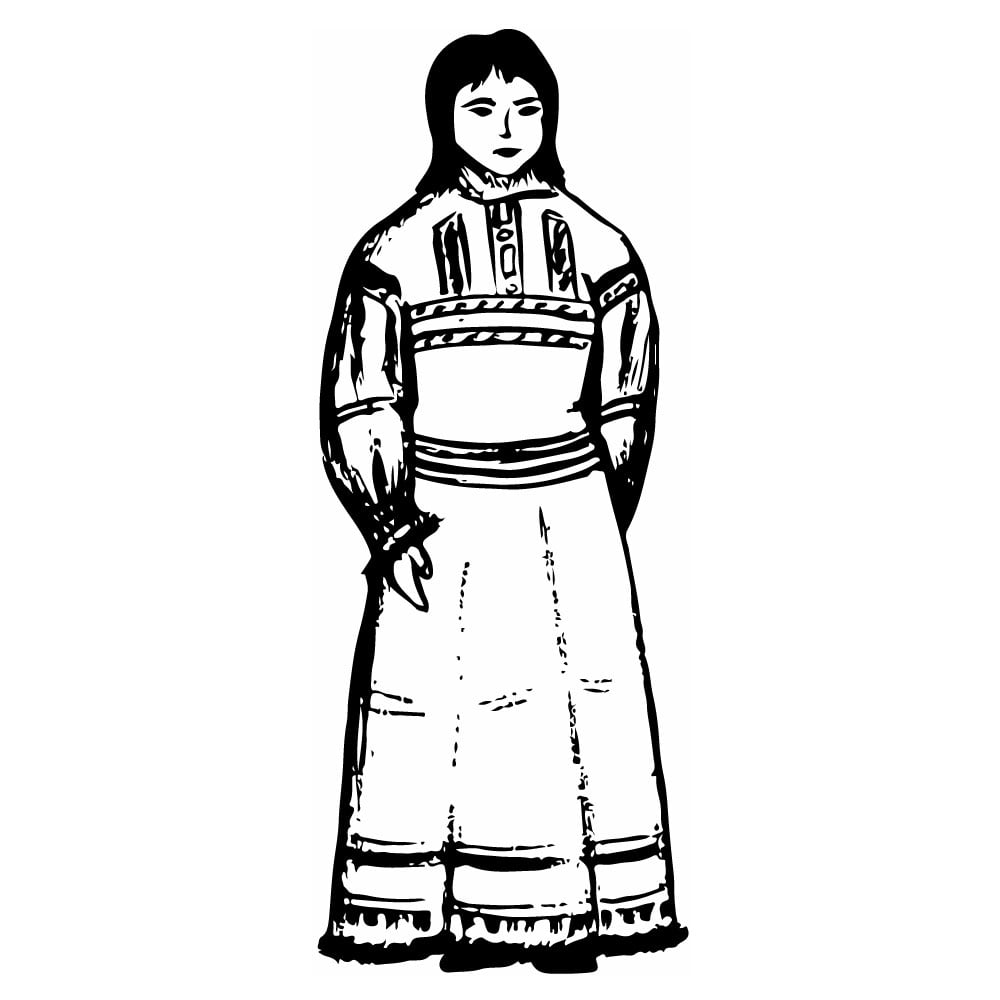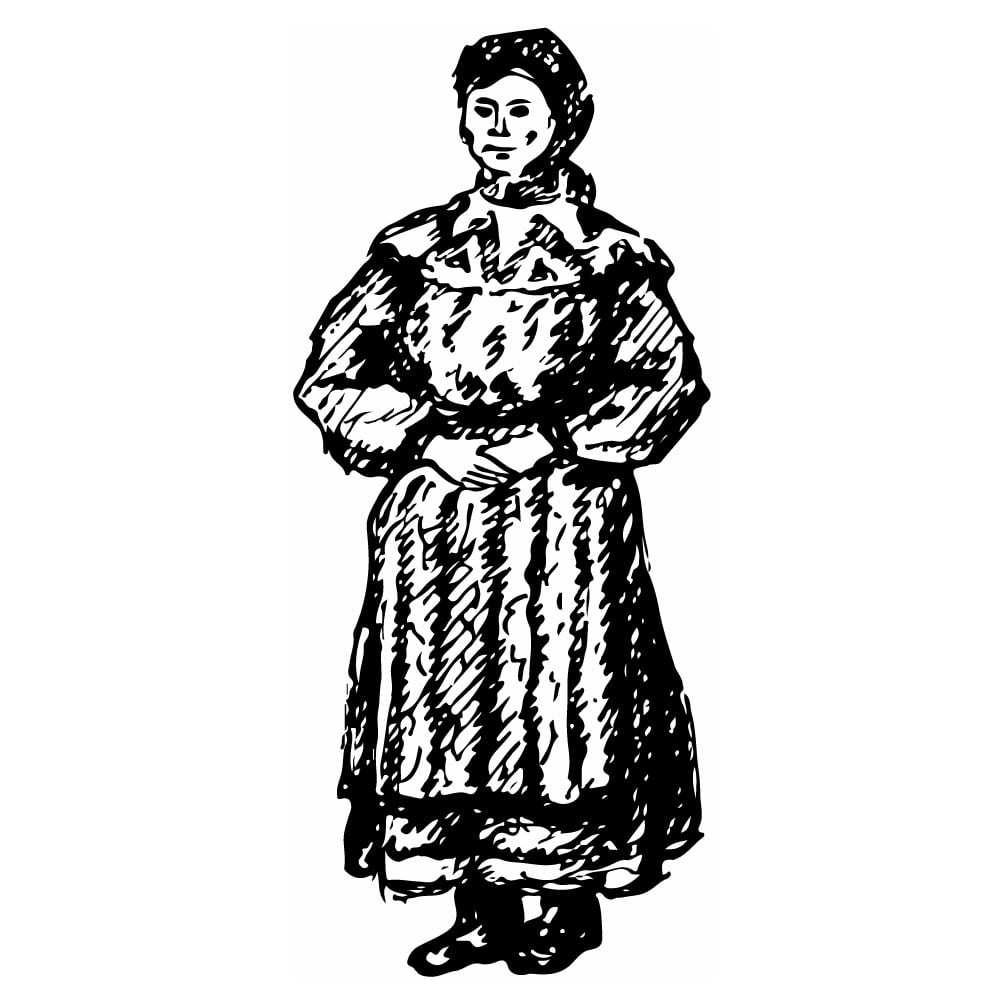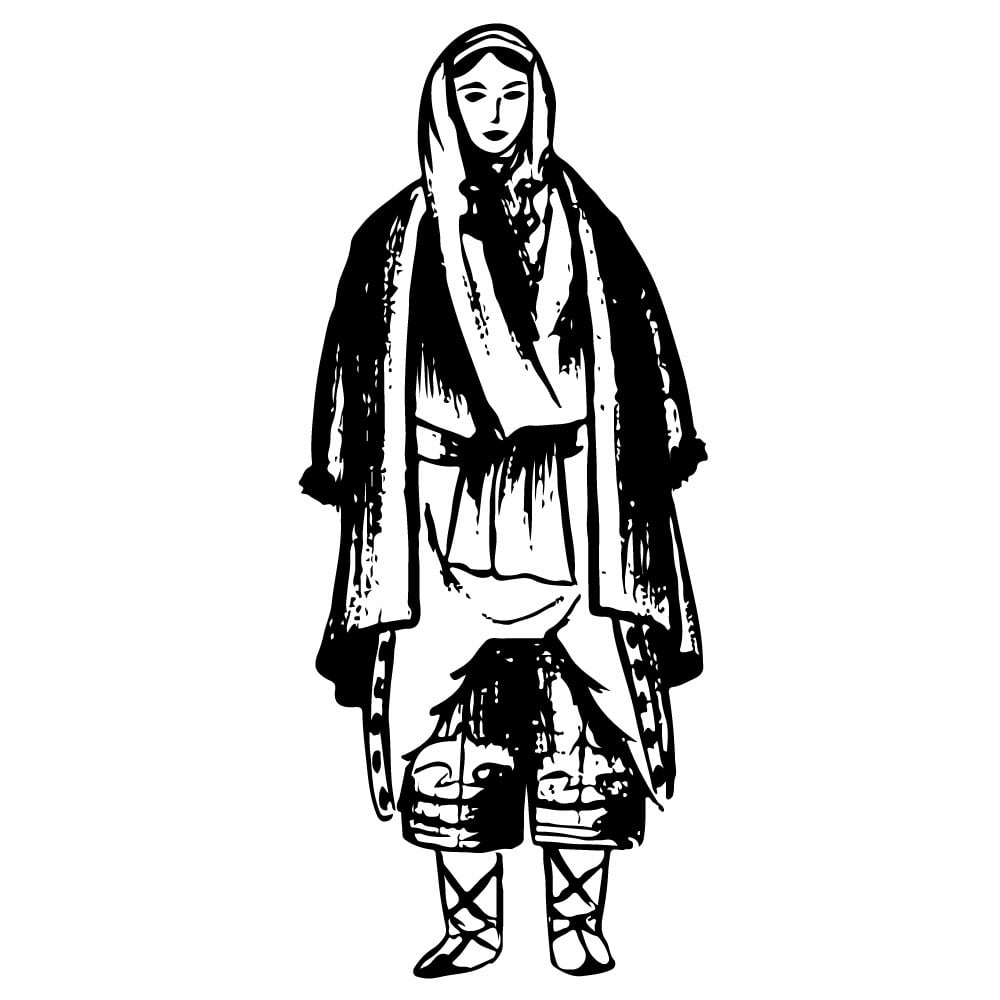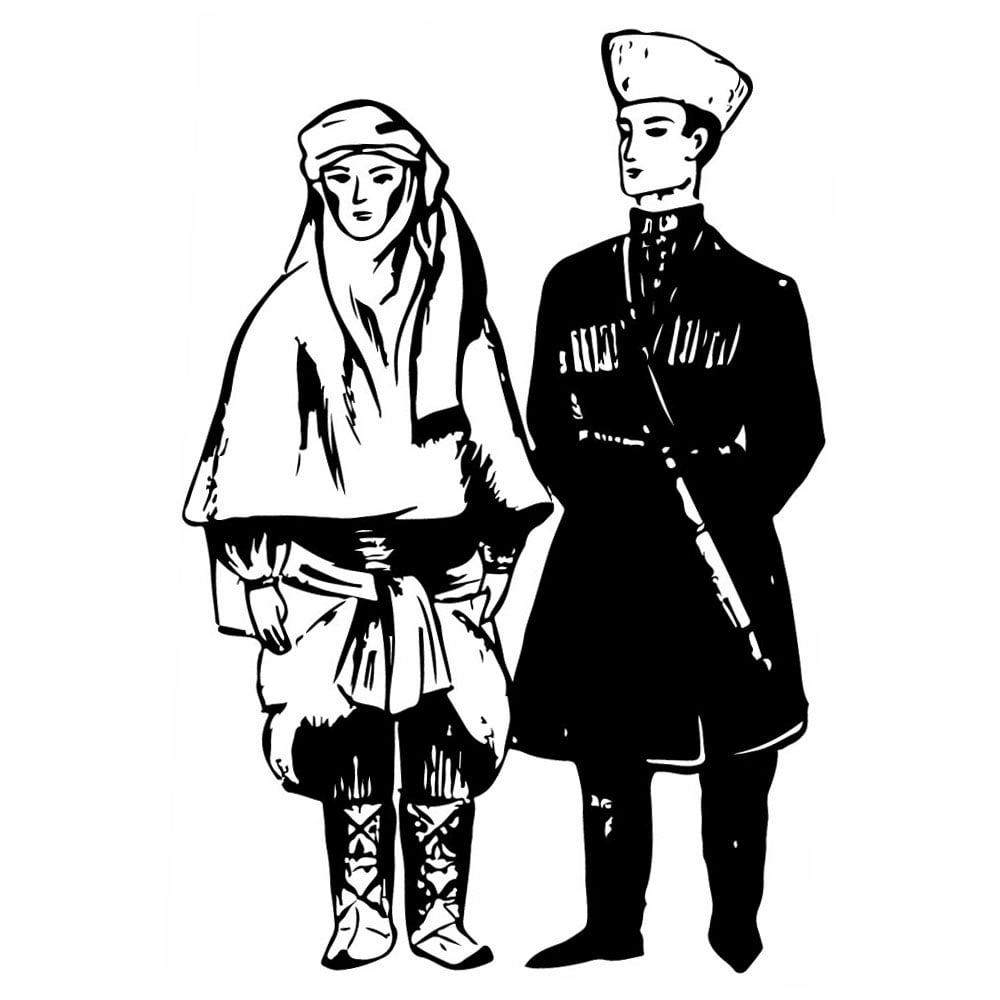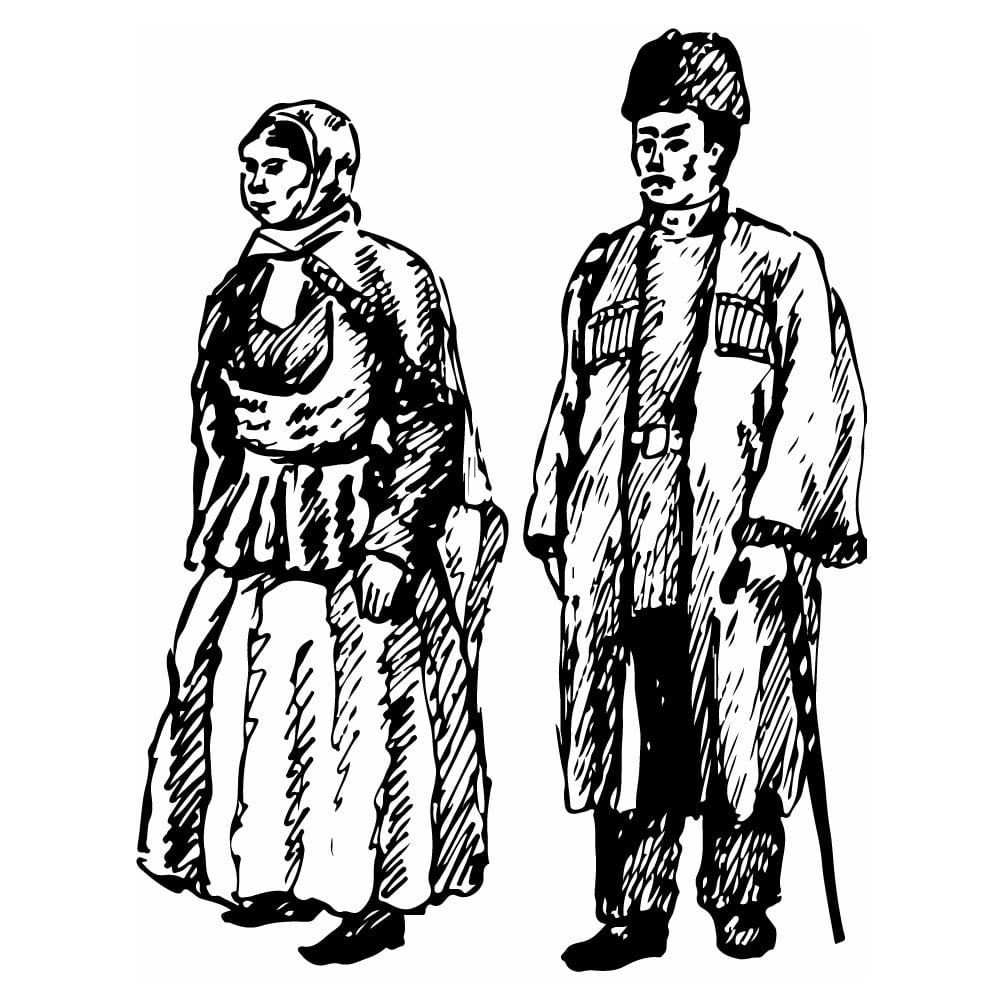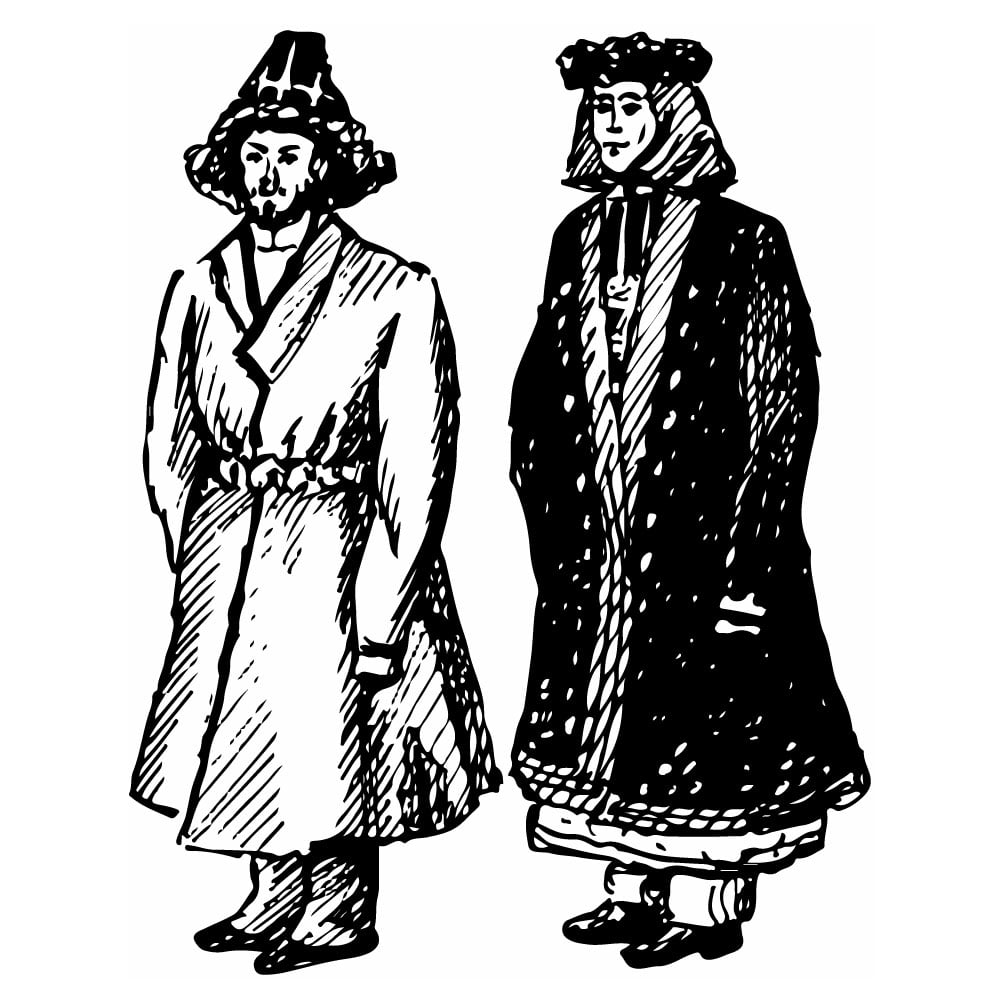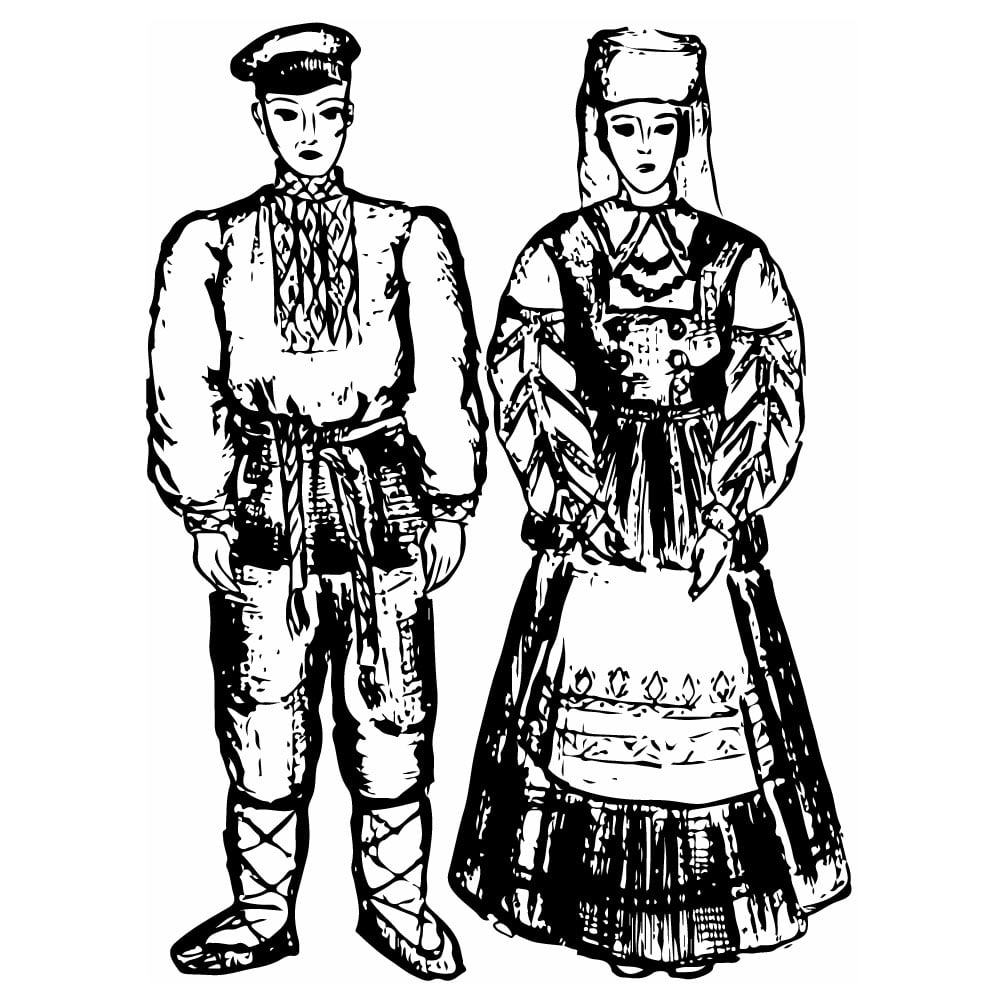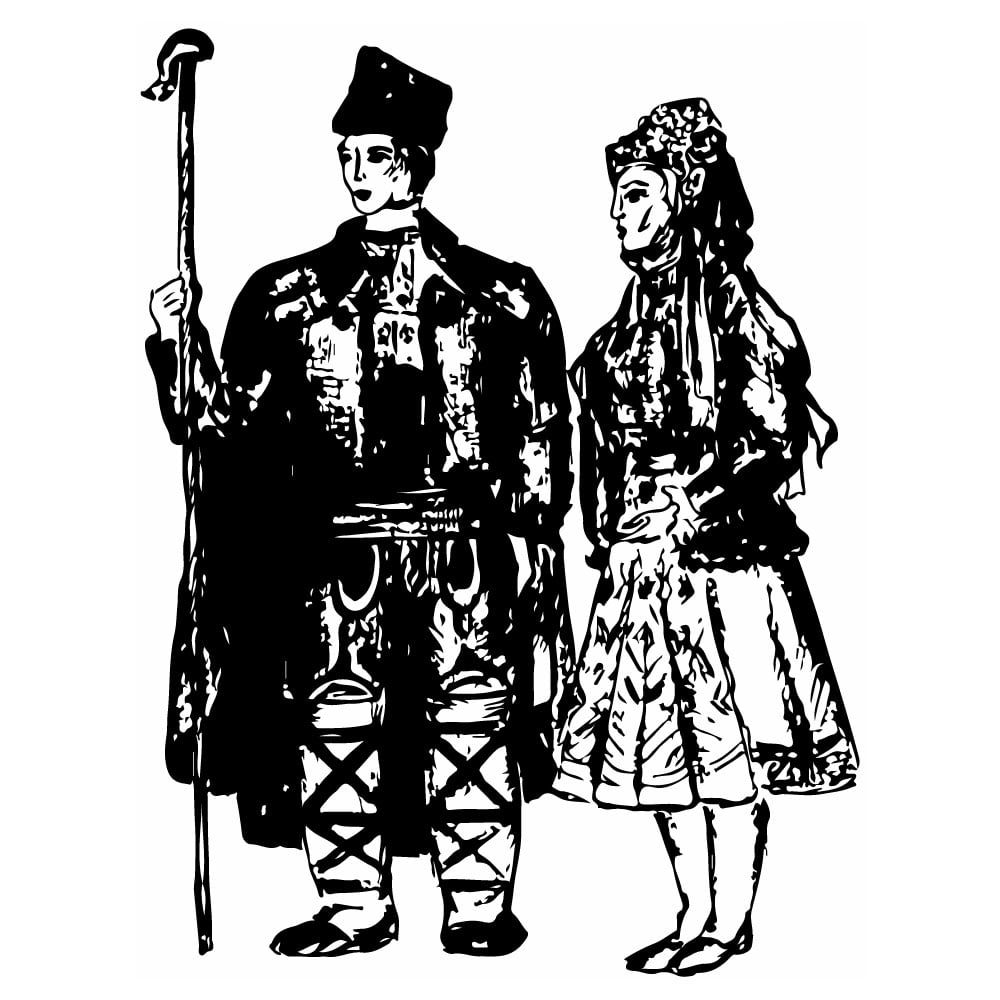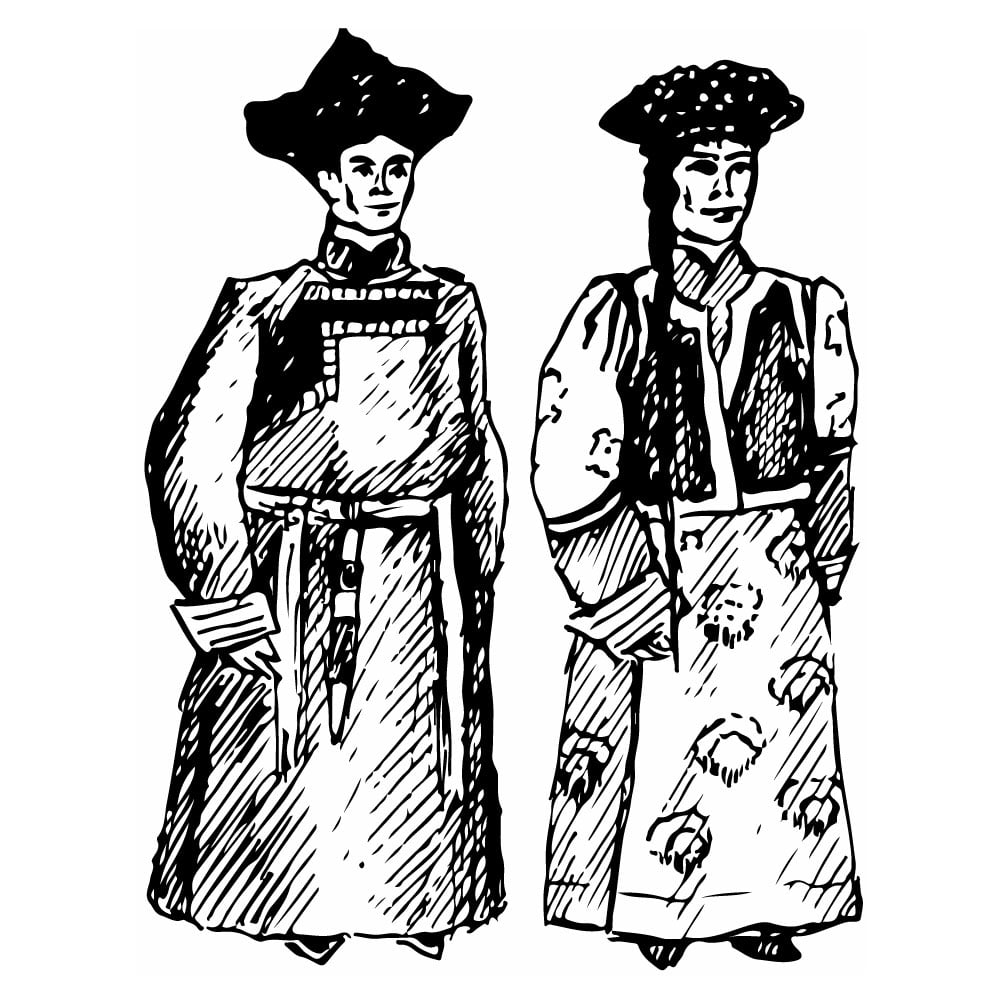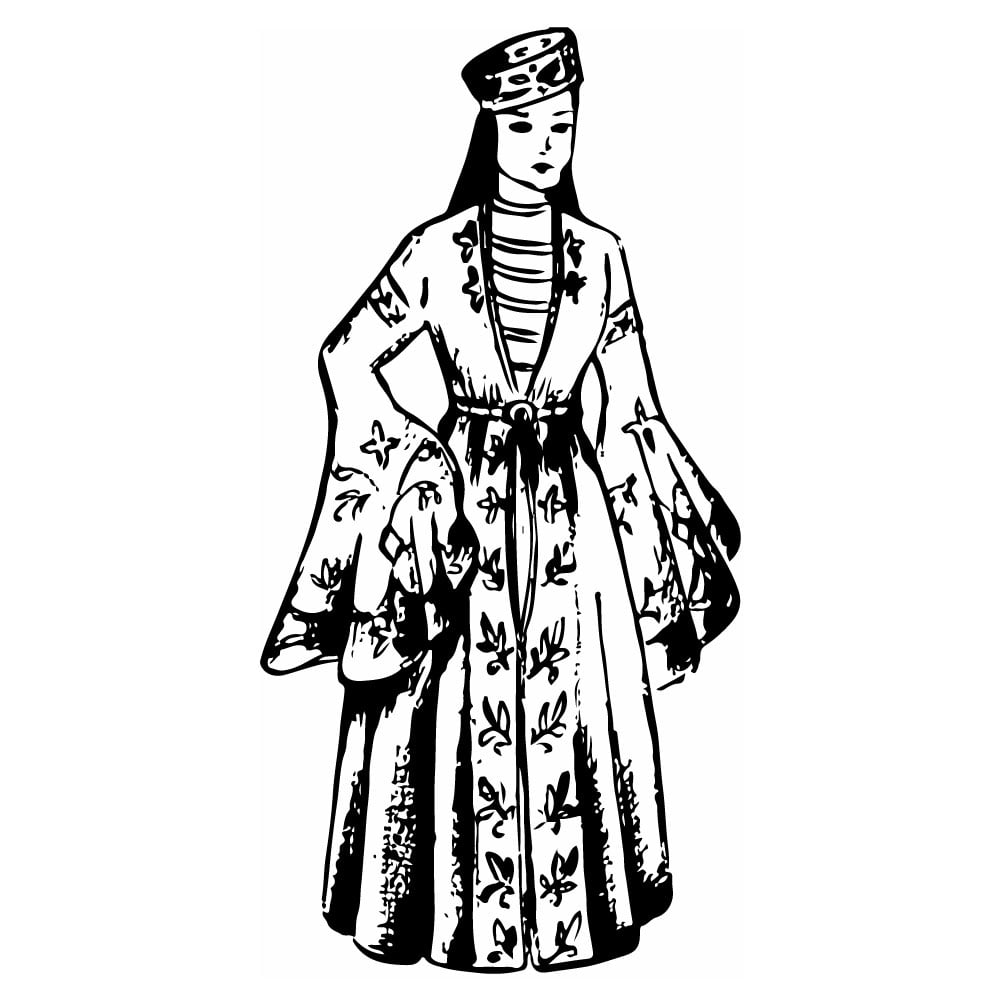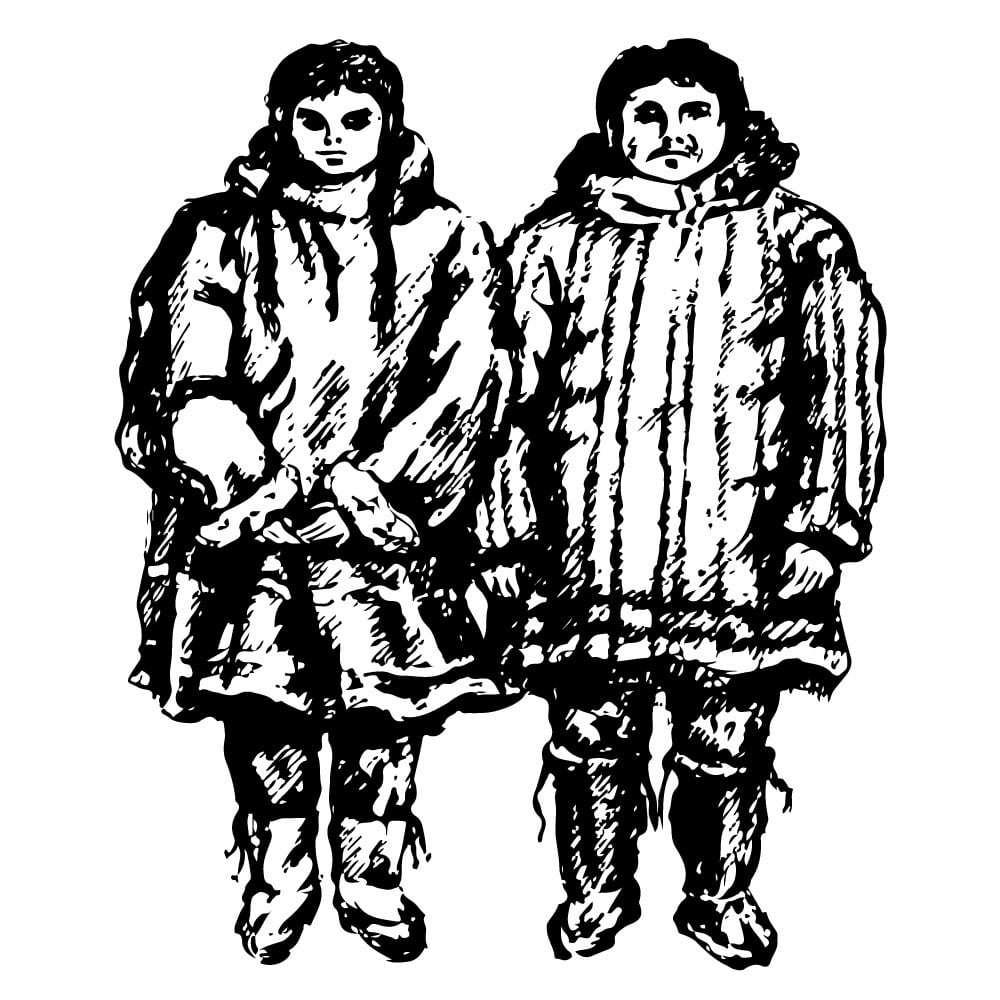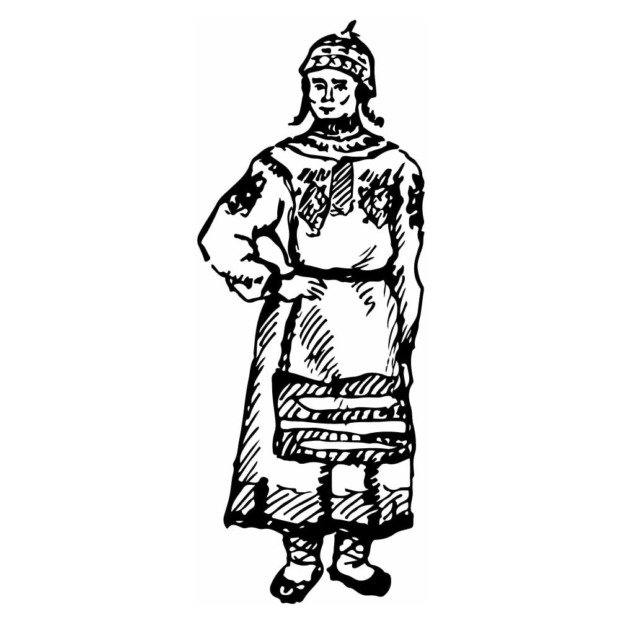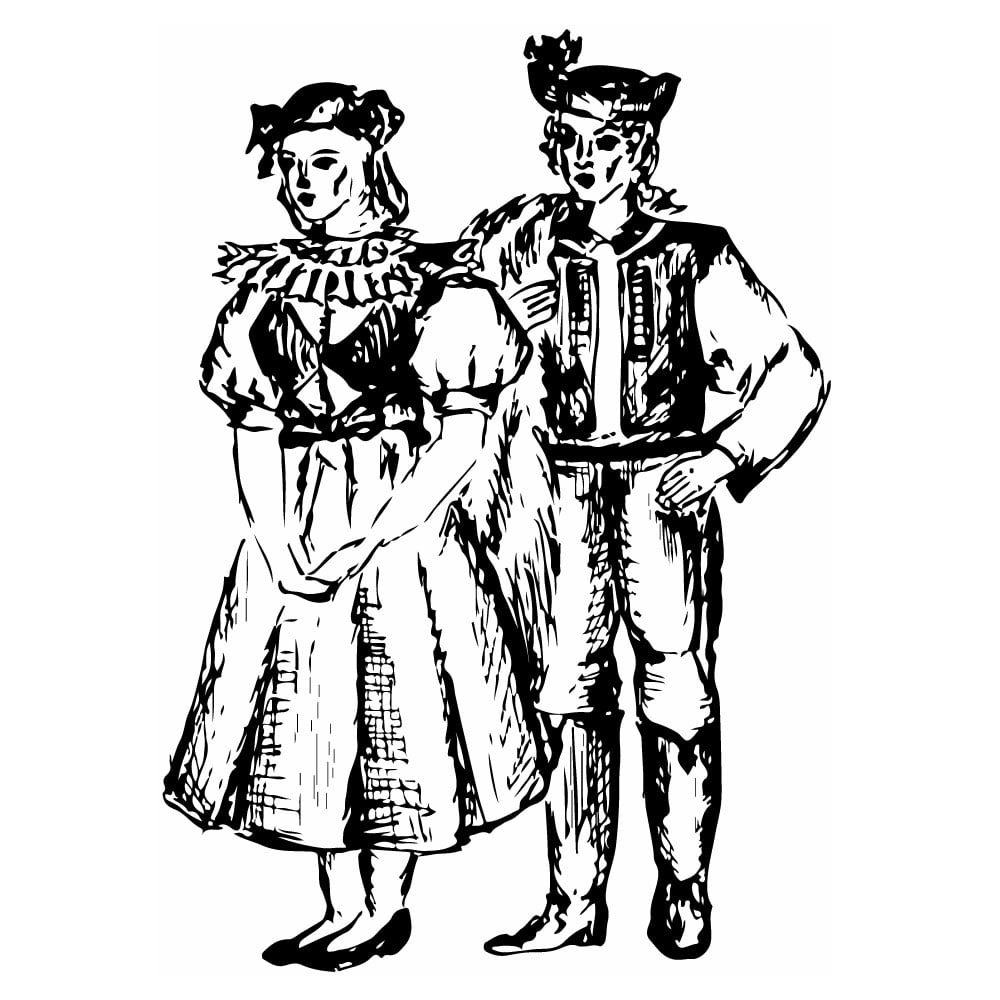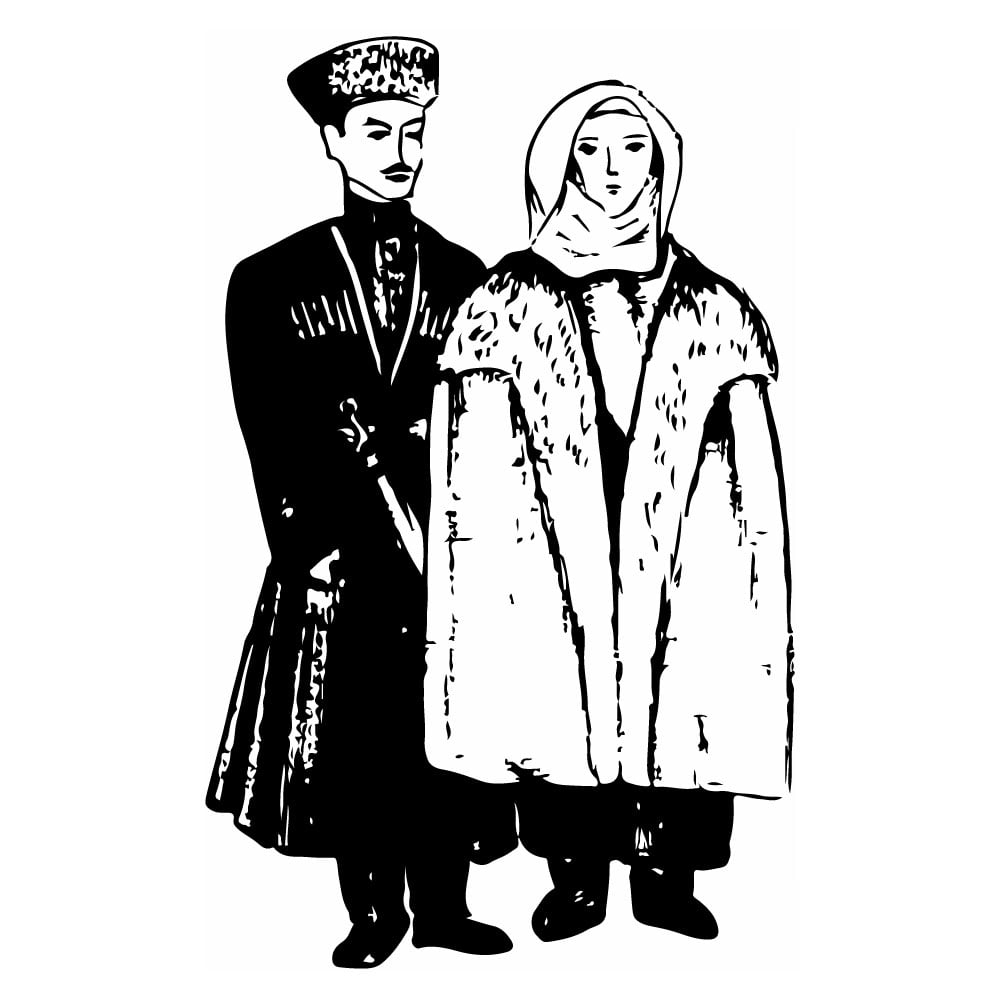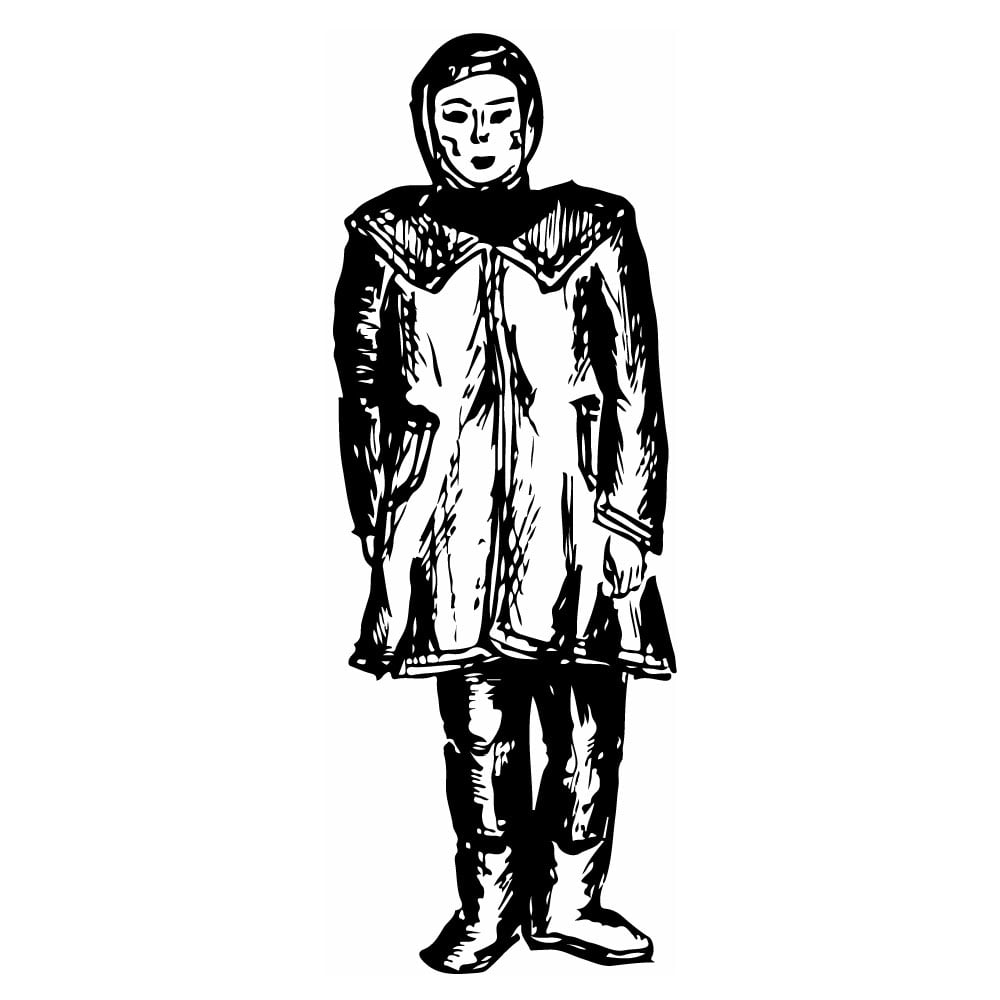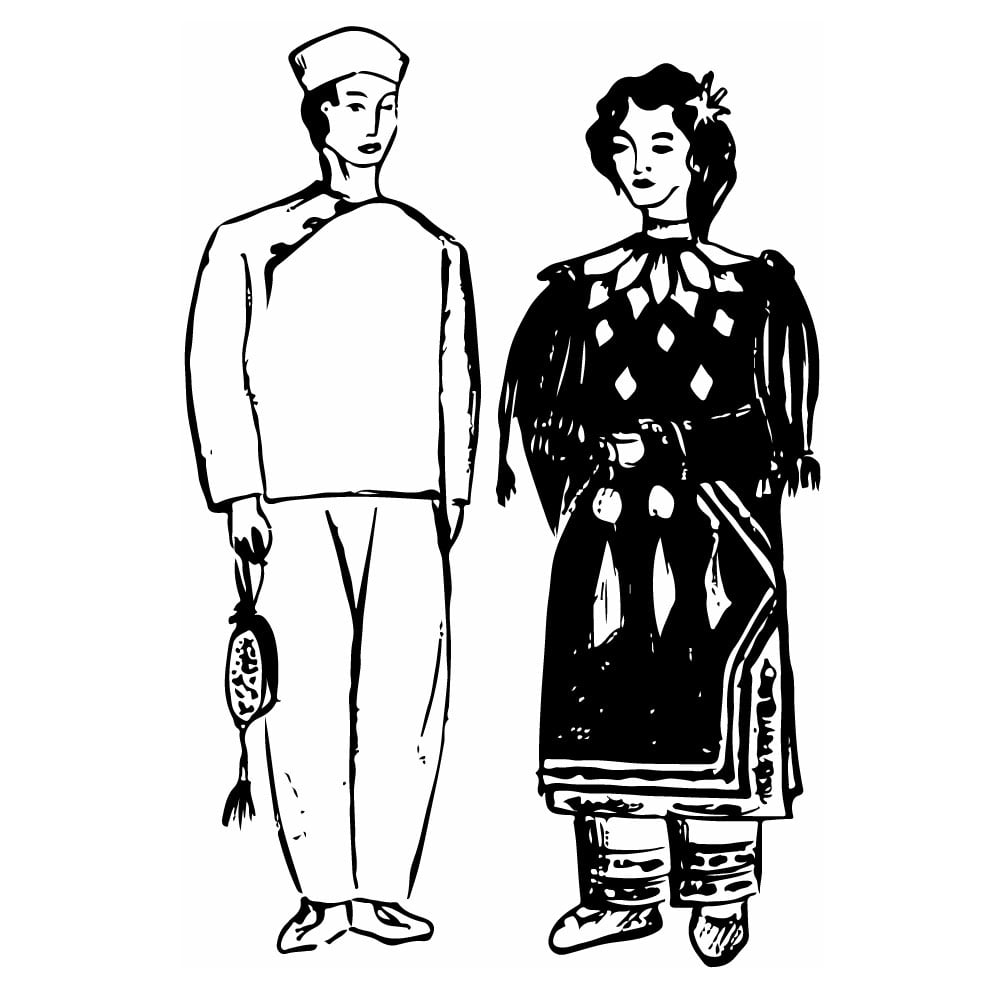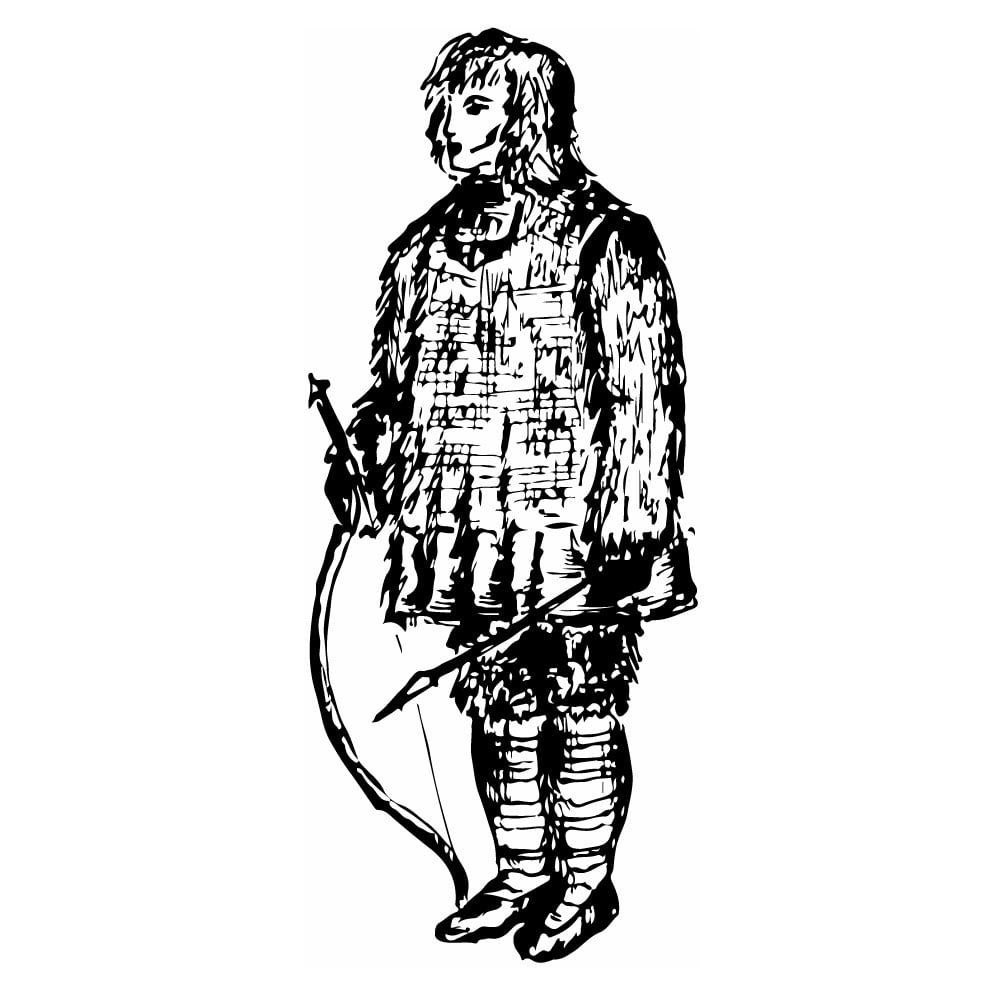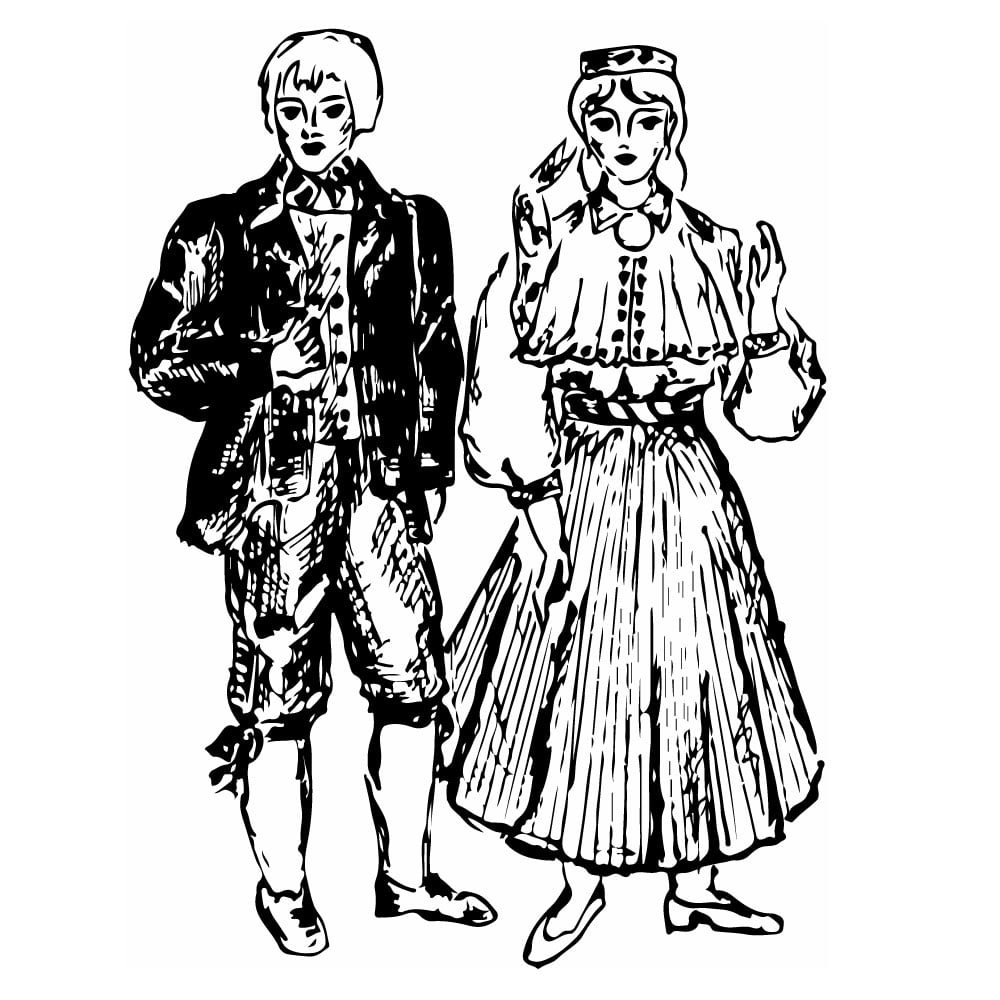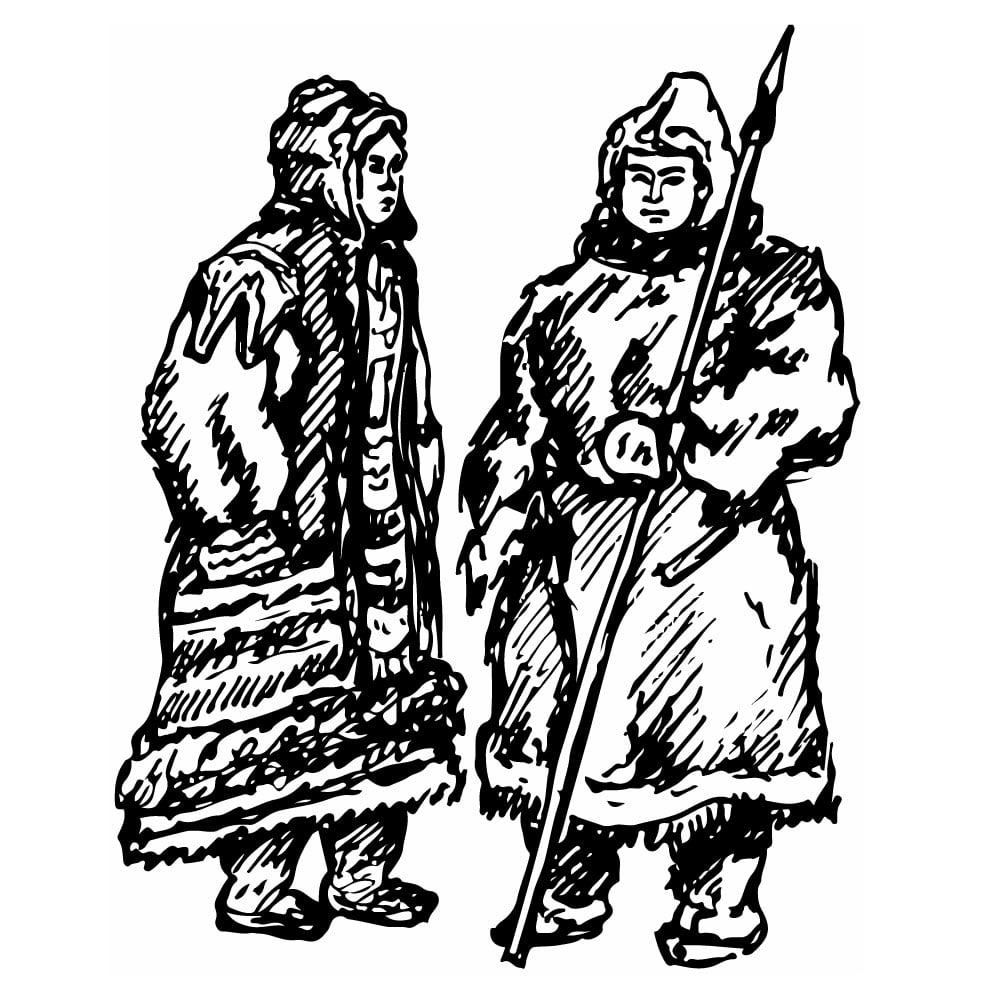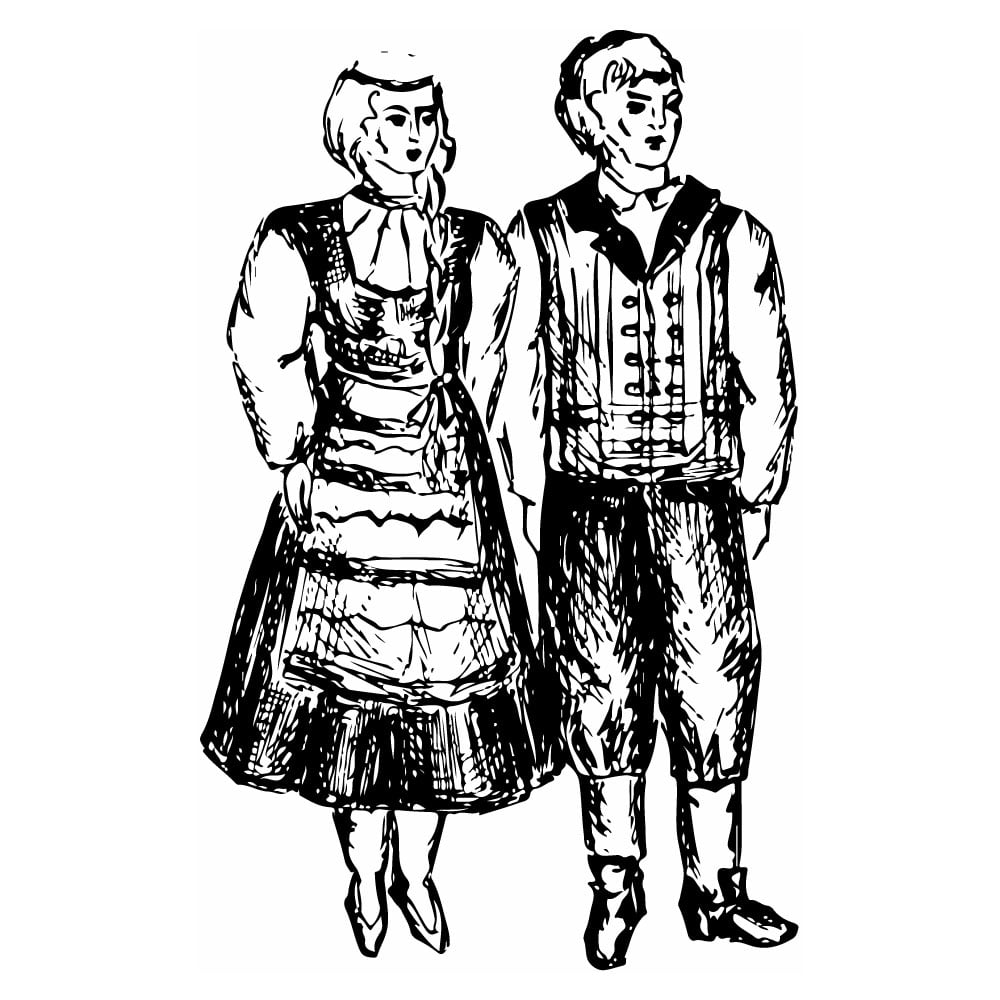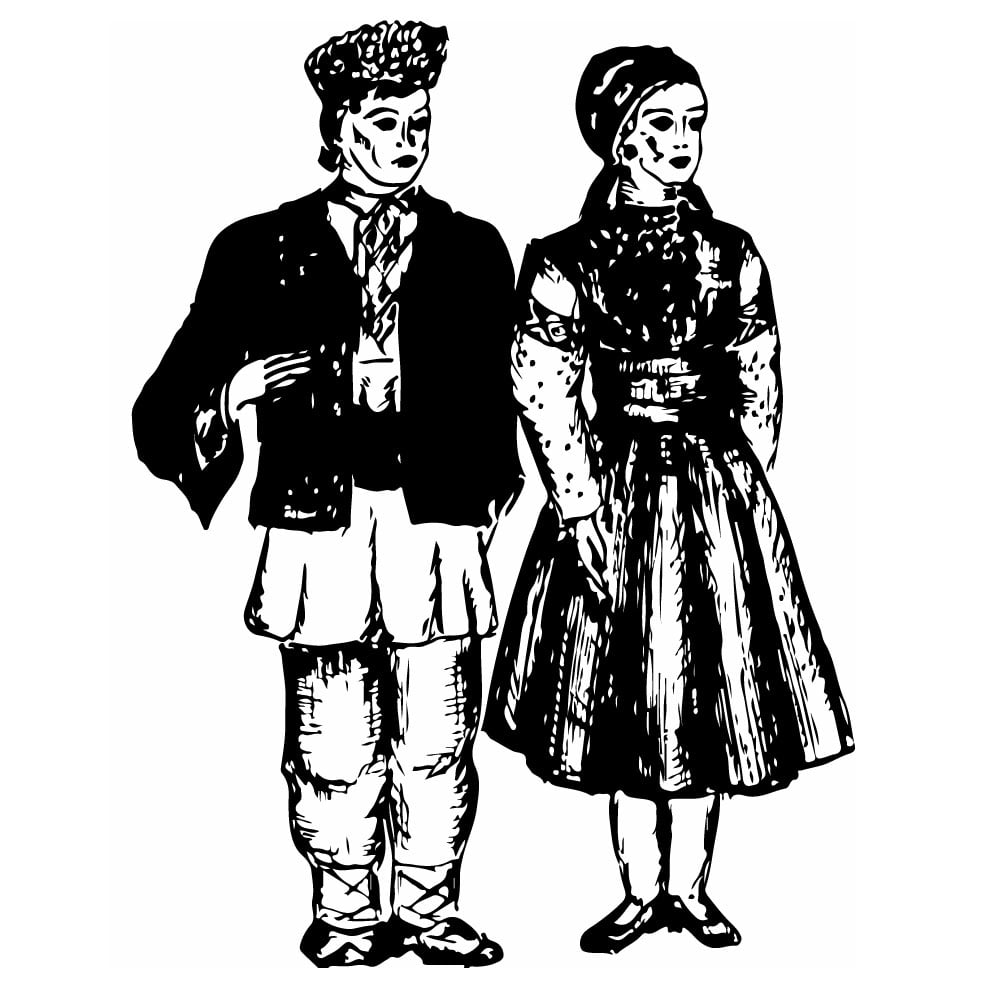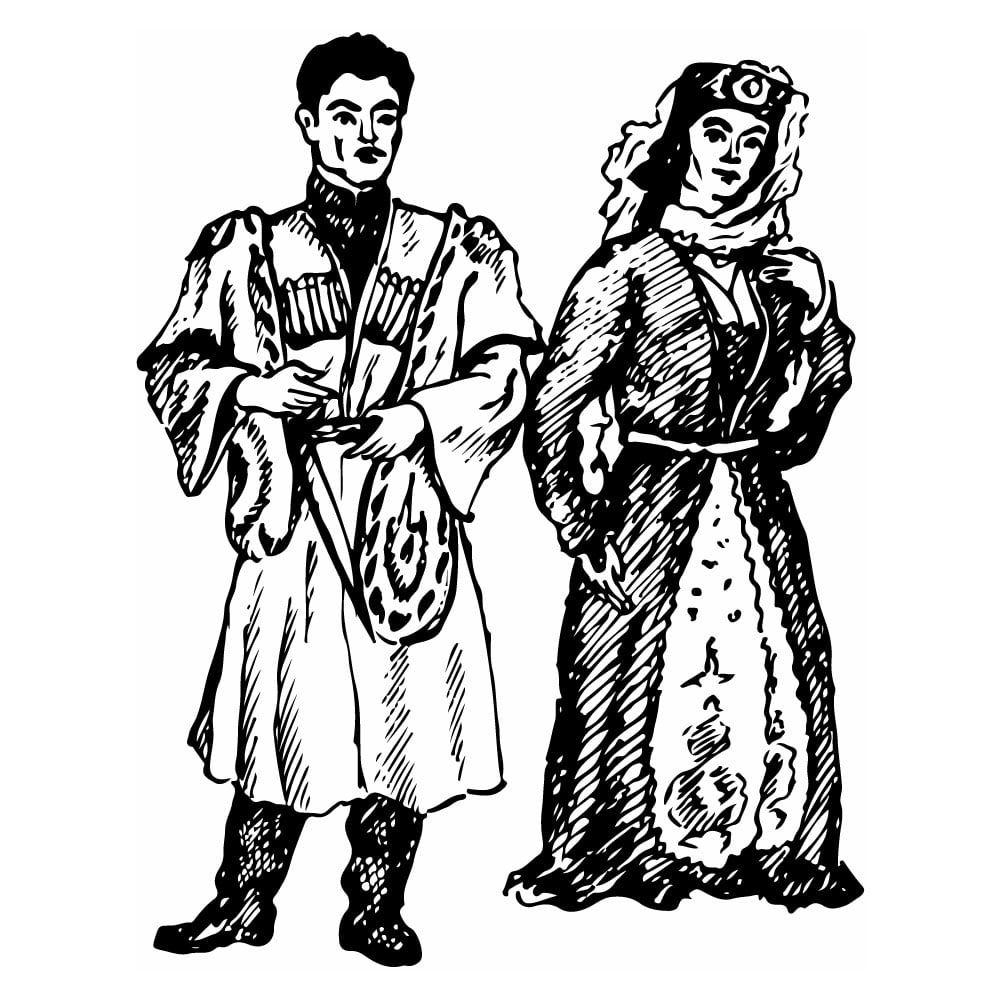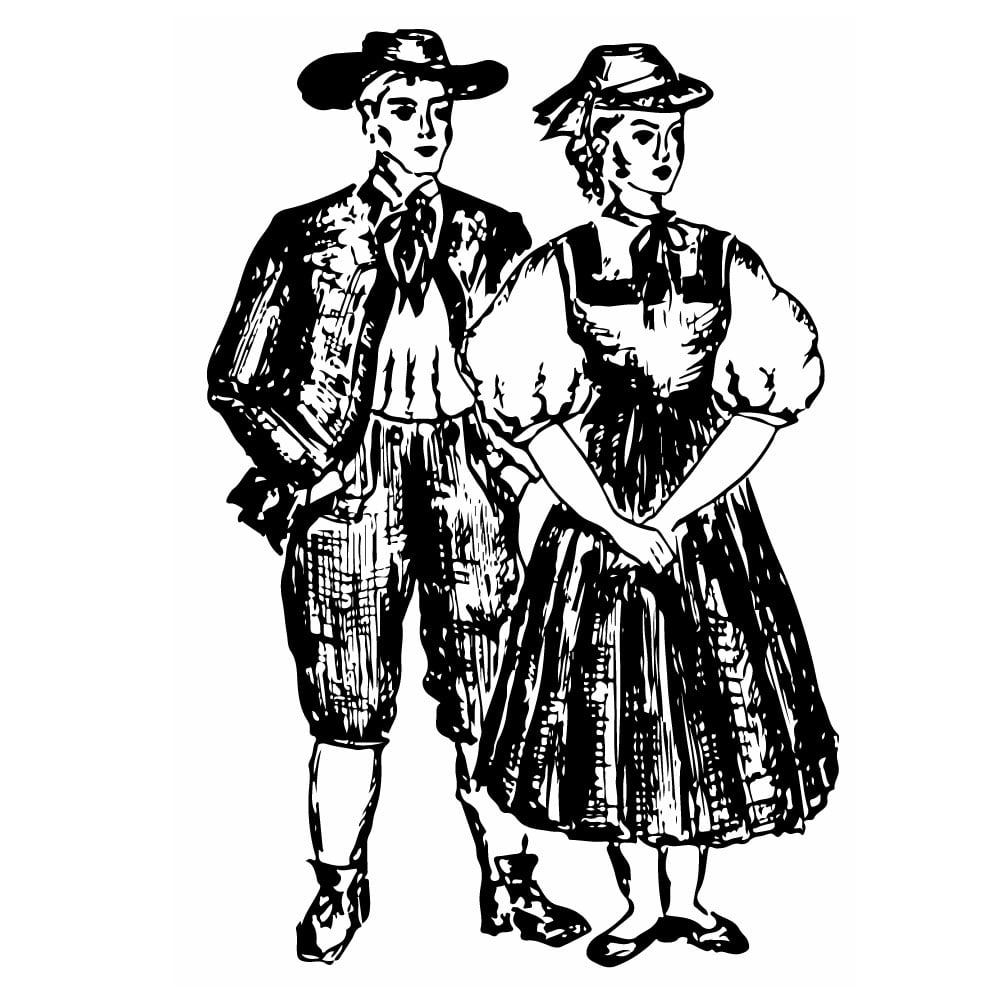Greeks
| Population | 358,000 |
| Language group | Greek |
| Language | Greek |
| Region | Ukraine, Russia, Georgia, Kazakhstan, Armenia |
| Religion | Christianity (Orthodoxy) |
*Population estimates for 1994
The Greeks are the descendants of the migrants from the Balkan Peninsula who came to Russia partly in the eighteenth century, but mostly in the nineteenth century. This migration was the result of political situation at the Balkans and Russian-Turkish wars, leading to considerable movement of the population. The Christian population, oppressed and mercilessly robbed by the government of the Osman empire, saw in Russia their liberator from the centuries-old Turkish oppression. They left their homes and followed the Russian army in masses.
The Greek settlements began to appear in the south of Russia earlier than others. The most intensive Greek immigration to the southern steppe districts of Ukraine took place in the second part of the eighteenth century. This was when the Russian government used the Greek settlers for the replenishment of the military garrisons, and afterwards for the economic assimilation of Novarussia. In the Russian-Turkish war of 1768-1774, the Greek rebels from Greece fought on the Russian side and, after the war, the considerable part of them settled in the Crimea. The Greek colonization of the south of Ukraine continued later on, particularly in 1794, when Odessa was founded, and in the 1820s, because of the Greek revolution and the following Greek-Turkish war.
By the beginning of the nineteenth century, the Greek settlements had lost their military importance. The Greek colonists from the Tavria, Kherson, and Odessa provinces were practicing farming, commerce, and trades.
Yet in the Crimea the Greeks, who lived in the steppe districts and on the sea coast, perceived the Tatar language (they were called “Greeks-Tatars”). The other part, which lived in the mountain regions, preserved their own language which was a dialect of the modern Greek language. This group was called “Greeks-Hellens.” Today, the native tongue is mainly preserved by the descendants of this latter group.
This is Ad 1

